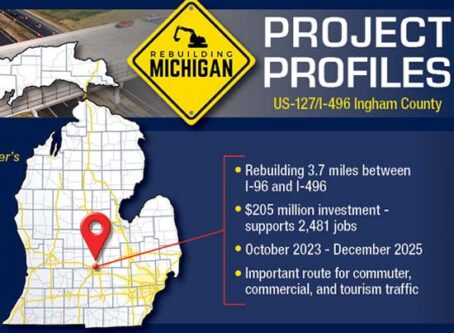CVSA’s Brake Safety Week begins Sunday
The Commercial Vehicle Safety Alliance’s Brake Safety Week starts Sunday. It is scheduled for Sept. 16-22.
CVSA-certified enforcement personnel will conduct roadside inspections on commercial motor vehicles in order to identify and remove CMVs with critical brake violations and call attention to the dangers of faulty brake systems.
During Brake Safety Week, inspectors will primarily conduct the North American Standard Level I Inspection, which is a 37-step procedure that includes an examination of driver operating requirements and vehicle mechanical fitness.
Inspections will check brake-system components to identify loose or missing parts. Inspectors also will look for air or hydraulic fluid leaks, defective rotor conditions, measurement of pushrod travel, mismatched air chamber sizes across axles, air reservoir integrity and mounting, as well as worn linings, pads, drums and rotors.
Required brake-system warning devices and other brake-system components also will be inspected. Vehicles with defective or out-of-adjustment brakes will be placed out of service.
Inspectors also will check a driver’s license, medical examiner’s certification, hours of service and other operating requirements.
In 2017, law enforcement in the U.S. and Canada conducted 7,698 inspections during Brake Safety Day, Sept. 7. Forty jurisdictions – 31 U.S. states and nine Canadian provinces and territories – participated in the event.
Inspection data from Brake Safety Day 2017 featured the following notable results:
- The United States conducted 6,361 commercial motor vehicle inspections; Canada conducted 1,337.
- 22 percent (1,680) of vehicles inspected were placed out of service for vehicle violations of any kind, 14 percent of the total inspections were put out of service for brake violations.
- 78 percent of the vehicles inspected did not have any out-of-service conditions.
Brake Safety Week is part of the Operation Airbrake Program and is sponsored by CVSA in partnership with the Canadian Council of Motor Transport Administrators and the U.S. Department of Transportation’s Federal Motor Carrier Safety Administration.









